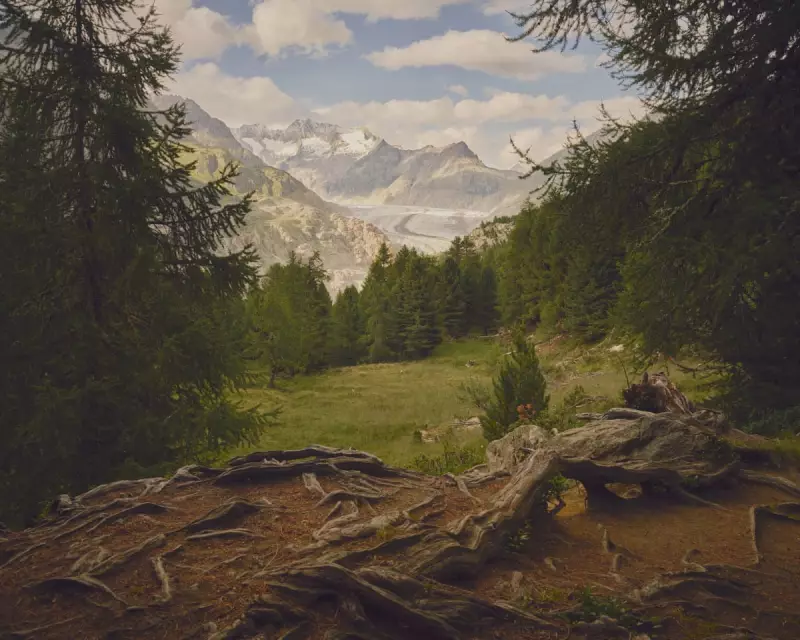
The very heart of the Swiss Alps is undergoing a transformation so rapid and profound it is rewriting the landscape itself. The majestic Great Aletsch Glacier, a UNESCO World Heritage site and Europe's largest ice flow, is in a state of accelerated retreat, pulling back from the mountainsides at an unprecedented rate.
This isn't just a story of melting ice; it's a cascade of ecological and cultural consequences. As the glaciers vanish, they are exposing vast, barren tracts of rock and soil—a raw and unstable new world where established ecosystems once thrived.
A Landscape Reborn, For Better or Worse
In the void left by the ice, a dramatic natural experiment is unfolding. Pioneer plant species, insects, and microorganisms are colonising the newly exposed land, creating nascent ecosystems from scratch. Scientists are racing to document this fragile genesis, a process that would normally unfold over millennia, not decades.
Yet, this 'greening' of the high Alps is a double-edged sword. The new vegetation is often less resilient and alters the water retention of the slopes, potentially increasing the risk of landslides and rockfalls as the permafrost that once cemented the mountains together thaws.
The Human Cost of a Changing Climate
For centuries, the rhythms of life in villages like Fiesch have been inextricably linked to the glaciers. Their retreat is more than an environmental concern; it is a deep cultural wound. Local traditions, tourism, and even water security are now under threat.
The phenomenon also presents a stark challenge for mountaineering. Classic routes, once traversable on firm ice, are becoming dangerously unstable, with increasing rockfall making ascents more hazardous.
A Global Warning from the Roof of Europe
The transformation of the Swiss Alps serves as a powerful and visible barometer for global climate change. The speed of the melt is a clear indicator of rising global temperatures, offering a preview of the challenges other mountainous regions will soon face.
While the emergence of new life is a fascinating subject for study, scientists are unequivocal: the loss of these ancient glaciers represents an irreversible shift. The Alps as we know them are disappearing, and their fate is a urgent warning to the world.





